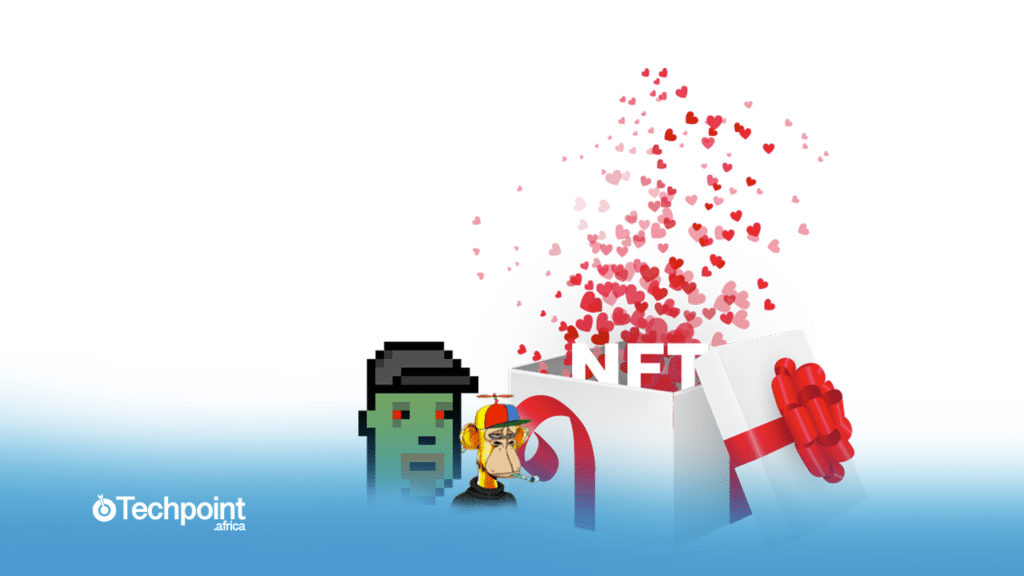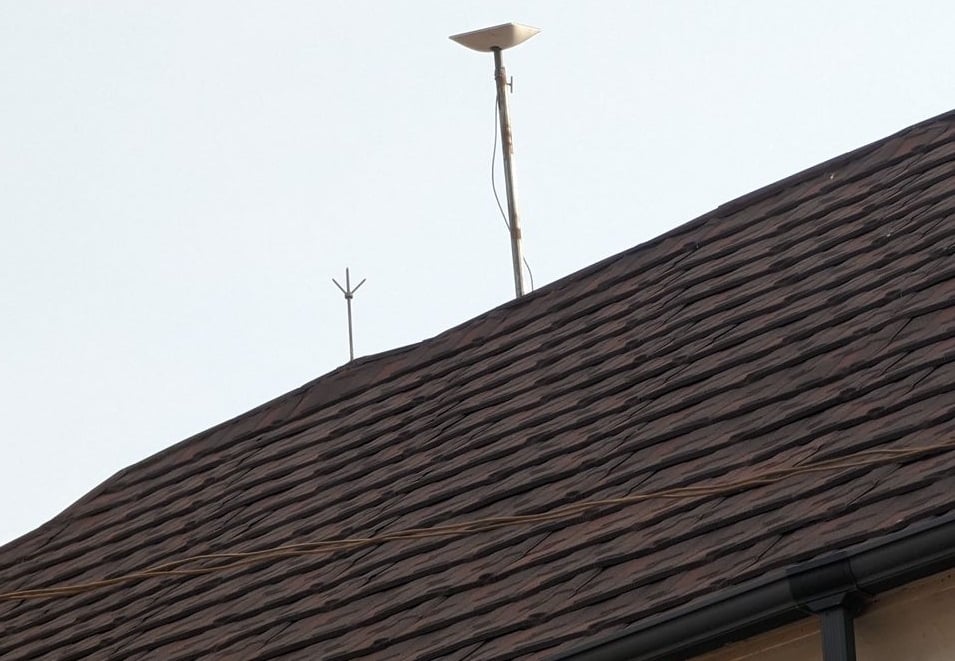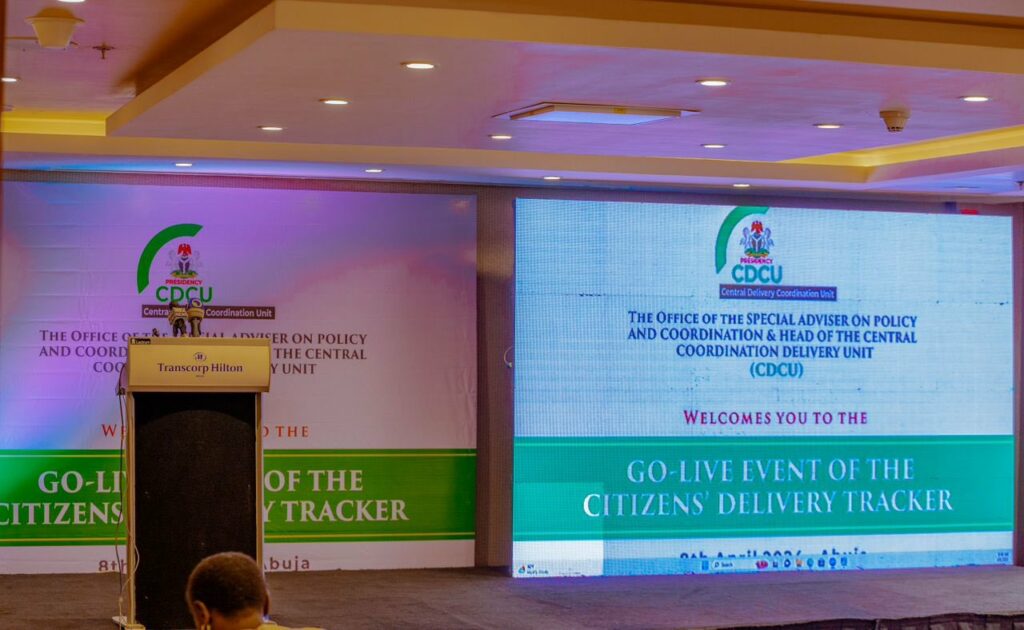Hola,
Victoria from Techpoint here,
Here’s what I’ve got for you today:
- Affinity Ghana gets funding
- Are NFTs dead?
- Zimbabweans get creative with Starlink kits
- You can now keep tabs on the Nigerian government
Affinity Ghana gets funding

Affinity Ghana, this digital bank, just got some cash from Renew Capital, an investment firm focusing on Africa.
What is the deal? Well, Affinity wants to address a big issue: 350 million adults in Africa do not have bank accounts. They are all about making banking available to everyone, particularly those who have been excluded from the traditional banking system.
Founded by Tarek Mouganie, Affinity offers all sorts of banking services like checking and savings accounts, transfers, payments, and loans. Interestingly, they don’t charge account fees and offer competitive interest rates, making banking more affordable.
Tarek, the big boss at Affinity, says they’re all about promoting financial inclusion. It wants to make banking simple and affordable for everyone.
Since it kicked off in 2020 by buying a microfinance business in Ghana, they’ve been growing fast. It got a licence upgrade from the Bank of Ghana in 2022 and has been serving over 17,000 customers. Last year alone, it says it dished out $12.5 million in loans and got folks to save up $26 million.
The fintech has other big backers too, like Enza Capital, Launch Africa Ventures, Grazia Equity, and Nour Nouf Knowledge Company. It’s got a solid crew supporting its mission to make banking accessible to all.
Are NFTs dead?

Remember when NFTs were all the rage back in 2021? It was crazy seeing digital art sell for millions of dollars!
Like, there was this collection called Merge that went for almost $92 million, and another piece called Everydays: The First 5000 Days sold for $61 million. Even regular folks like Anthony Azekwo from Nigeria made a splash by selling his digital art as NFTs.
And it didn’t stop there. In 2022, even a viral meme of the Ghanaian pallbearers became an NFT and sold for a cool $1 million, making the creator an instant millionaire.
But then, out of nowhere, the hype around NFTs just died down by the end of 2022. Dune Analytics even reported that NFT trading volume plummeted by a whopping 97%! From $17 billion in January 2022 to just $470 million by September 2022.
So, what happened? Well, it seems like when the crypto market took a hit, NFTs took the brunt of it. See, unlike cryptocurrencies that you can easily sell, NFTs are kinda stuck. Once the hype died down, it became harder to trade them, especially in a bear market.
But does this mean NFTs are totally dead? Micheal Ugwu, a big shot in the digital world, thinks so, but there’s more to the story. Check out Bolu’s latest piece for all the deets!
Zimbabweans get creative with Starlink kits

Folks in Zimbabwe are getting creative to keep using Starlink despite its ban. They’re disguising the satellite Internet kits to look like regular stuff, like outdoor lights or solar panels, so they don’t get busted by the authorities.
With Internet costs sky-high and options limited, Zimbabweans are turning to cheaper alternatives like Starlink, even though it’s illegal.
Some savvy individuals are even helping others hide their Starlink kits in plain sight. They’re tweaking the Starlink terminal to run on solar power and fitting it inside things like solar panels or streetlights. This way, they don’t need all the usual cables and routers.
But even though this sneaky approach seems to be catching on, there’s still the risk of getting in trouble with the law.
It’s not clear if the authorities are onto this tactic or if they’re just waiting for the right moment to crack down.
The Starlink drama has been going on for a while in Zimbabwe. It’s still banned there because it hasn’t been approved by the telecom regulator, POTRAZ.
In January 2024, POTRAZ said it’d arrest anyone caught using, selling, or advertising Starlink equipment. It even teamed up with the police for a big raid to catch offenders, and they’ve already made a couple of arrests.
But despite the crackdown, folks in Zimbabwe are still finding ways to use Starlink on the down-low.
You can now keep tabs on the Nigerian government

The Nigerian government has rolled out a revamped Citizens’ Delivery Tracker App!
This means that Nigerians can now easily evaluate how well ministers, departments, and agencies are doing and give real-time feedback on policies, projects, and programmes.
In a nutshell, the app allows you to keep tabs on how ministers are performing in the current government.
Hadiza Bala-Usman, the Special Adviser to the President on Policy and Coordination, spilled the beans in Abuja. She mentioned that they upgraded the app after consulting with various stakeholders. You can check it out here, and it’ll hit the mobile app stores in about a month.
But wait, there’s more! Along with the app, the Central Delivery Coordination Unit (CDCU) also cooked up a Delivery Reporting Framework and Template based on international standards to ensure accurate assessment and reporting of government performance.
And here’s the kicker: you get to peek at specific deliverables and key performance indicators related to the government’s top priorities, such as economic reform. Plus, these assessments and KPIs will help shape the CDCU’s quarterly and annual scorecards that get presented to the president.
With the Citizens’ Tracker App, citizens can track government deliverables and performance, ensuring accountability and transparency. From monitoring cancelled flights to enforcing sanctions, this app empowers citizens to actively participate in governance.
However, the question remains, how effective will this platform be?
In case you missed it
- Zuri receives initial institutional tech investment from Launch Africa Ventures for expansion
- Kora and Canada’s Panache Ventures partner to help African tech founders secure VC funding
- ThriveAgric and Acorn Rabobank collaborate to empower 30,000 Nigerian farmers
- Nigeria’s Remedial Health improved platform wants to help pharmacies become more profitable
What I’m reading and watching
- Canal+ plans JSE listing if MultiChoice buyout succeeds
- This person isn’t actually screaming – Noah Charney
- ‘I’m a Narcissist. This is what life is REALLY like’ Lee Hammock Interview
Opportunities
- Apply for Visa Everywhere Initiative (VEI) by May 6, 2024, here.
- Nansen is looking for a Product Manager. Apply here.
- At Matters Lab is hiring a remote Product Manager. Apply here.
- Veza is looking for a Senior Software Engineer. Apply here.
- Clari is looking for a Senior Software Engineer. Apply here.
- Seedstars has announced INFUSE 2024, a global invitation for innovative applications aimed at fortifying health systems against climate threats and improving immunisation delivery. Apply here.
- Explore this website to find multiple job opportunities in Data that align with your preferences.
- If you are a software engineer, creative designer, product manager, design researcher, or a techie looking for an internship role, please, check out this website.
Have a lovely Wednesday!
Victoria Fakiya for Techpoint Africa.










